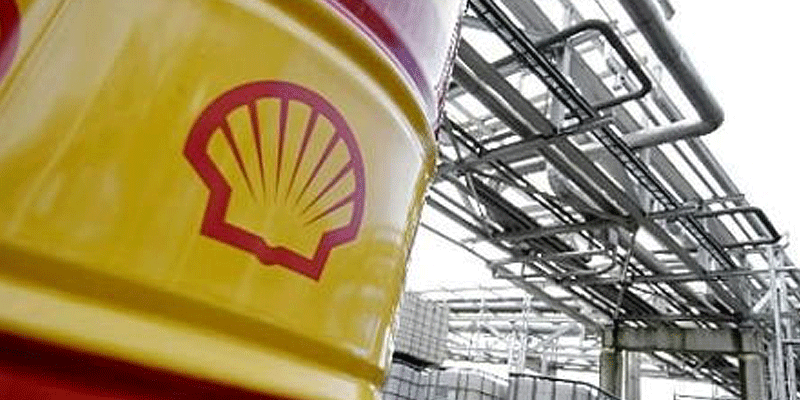
Shell, NNPC $3.7 Billion Deal to Boost Nigeria’s Gas Initiative
The gas development agreement between the Nigerian National Petroleum Corporation (NNPC) and oil giant Shell involving $3.7 billion will in the long run transform Nigeria’s midstream oil sector and boosting power generation.
The synergy is part of Nigeria’s efforts to deal with a looming domestic market shortage of the fuel.
The seven projects will add some 3.4 billion cubic feet of natural gas per day to the Nigerian market to avoid a shortage that has been forecast for 2020. The reserves of the seven fields to be developed come in at a combined 17.7 trillion cubic feet.
The gas produced under the projects will be used to produce a target amount of 15 GW of electricity by that year.
In Nigeria, which was recently ranked the world’s poorest country in the world by the Brookings Institution, there are still millions of people without access to electricity, and the government is looking for ways to change this. Making better use of its local gas reserves is the option that makes the most sense.
At the same time, Nigeria, which is Africa’s top oil producer, has seen a decline in oil and gas investments resulting from the lack of government incentives and the delay in the approval of the Petroleum Industry Bill that would reflect an energy industry reform push.
The only substantial discovery in the last few years was Exxon’s Owowo, which holds estimated reserves of about a billion barrels of crude. This fact means that the country’s oil reserves have stagnated at 36.18 billion barrels, below the 37 billion barrels estimated in 2010 and a lot below a target of 40 billion barrels set for that year.
What worries Nigerian industry observers is that the investment decline has come despite the rebound in crude oil prices, while elsewhere investments have picked up. They have predominantly blamed the government for the delay in the passing of the crucial law and the lack of incentives to woo investors.
